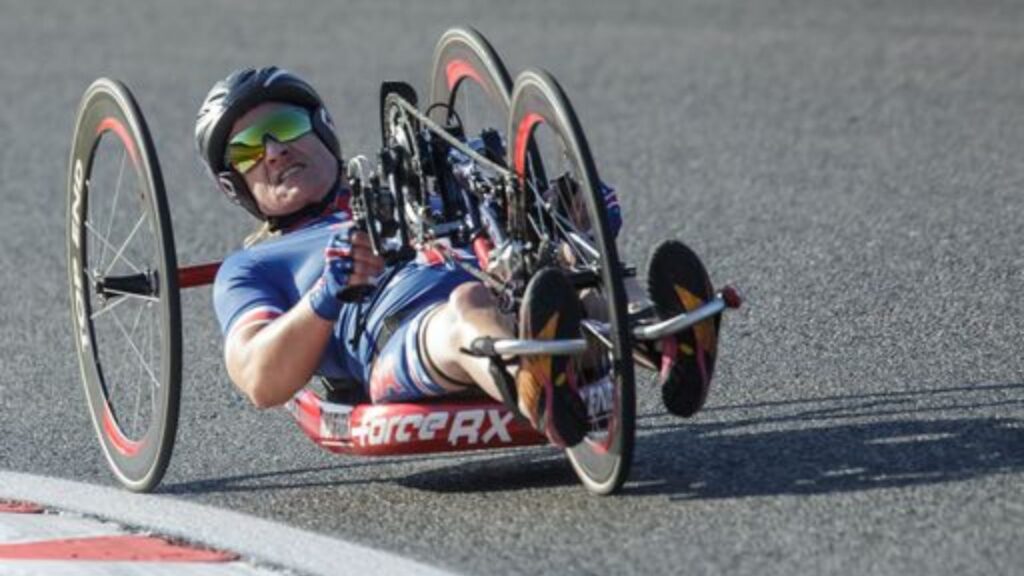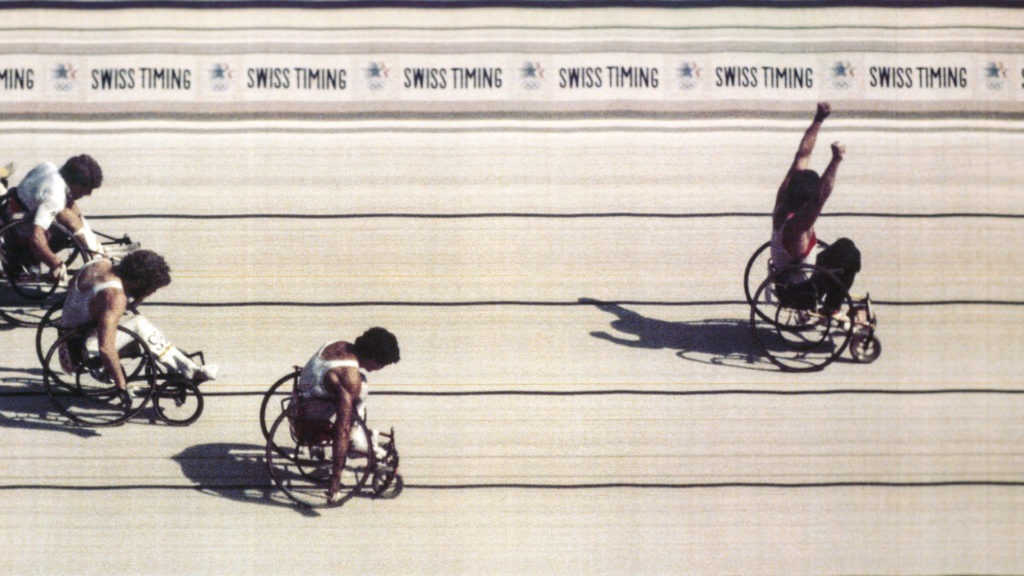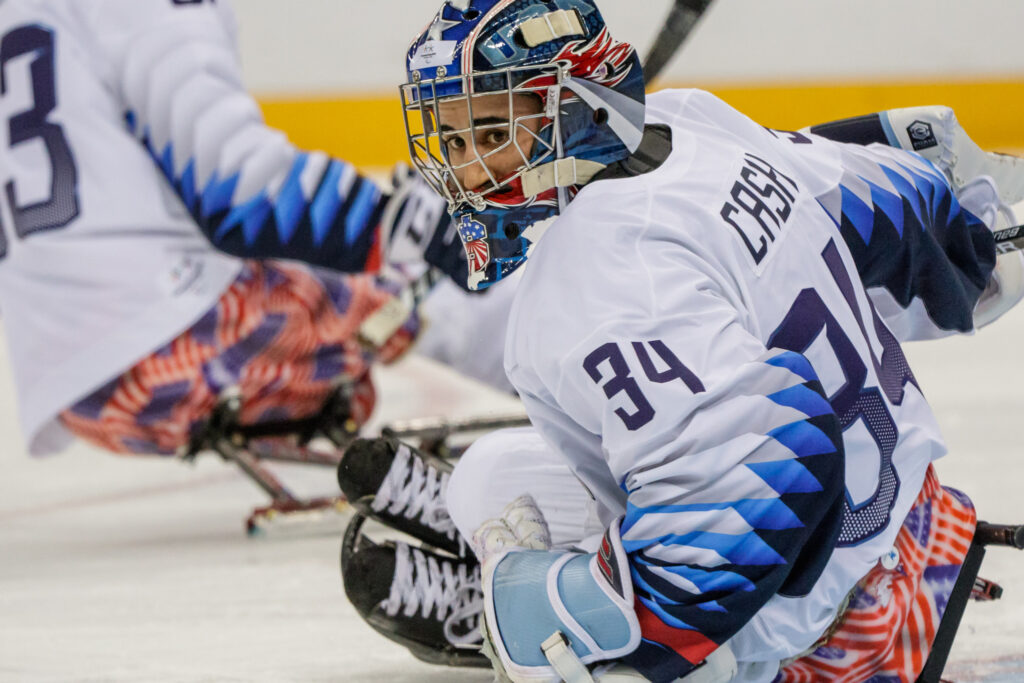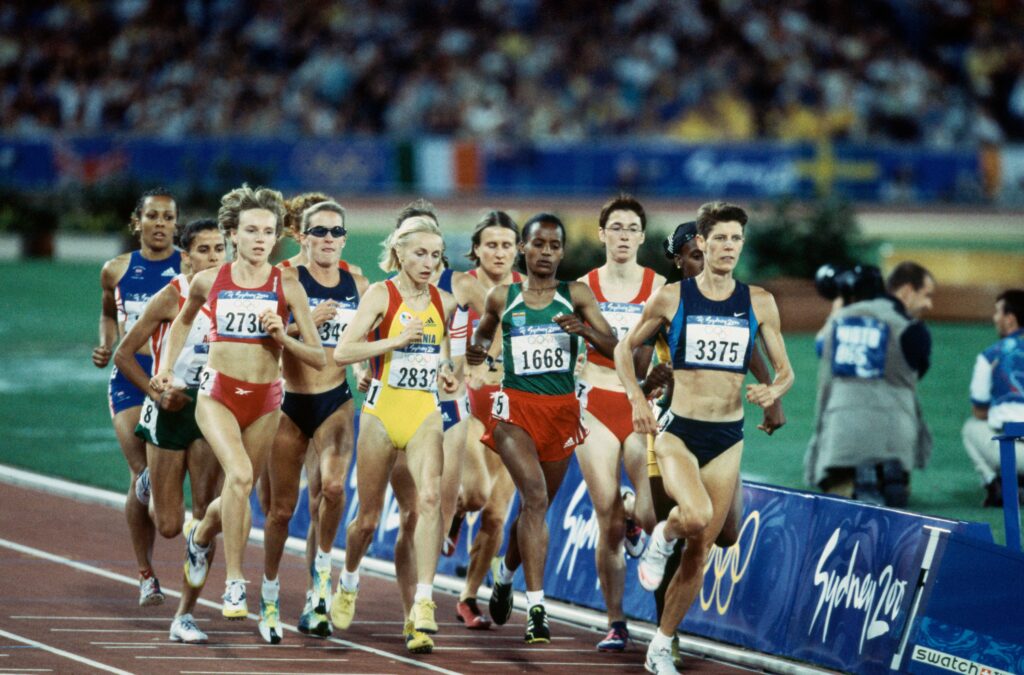As a youngster, Lones Wigger was interested in playing baseball. There were no youth baseball teams near the small hamlet of Carter, Montana. So Wigger picked up a rifle and started shooting.
“[My father] would have to come in at night and pull me off the firing line, say we’re closing the range tonight and that we’re going home, otherwise I’d practice all night long,” he said. “I really took to it, and it was fun and I enjoyed it.”
Wigger attended Montana State University, where he was a member of the school’s rifle team and earned All-America honors. Two years after graduating, Wigger went into the U.S. Army and was sent to Fort Benning, Georgia, where he served as a riflery instructor. He served two tours in Vietnam, teaching American soldiers marksmanship.
At the Tokyo 1964 Olympic Games, Wigger won a gold medal in the 50-meter rifle, three positions; and a silver medal in the 50-meter rifle, prone position.
Wigger participated in the Mexico City 1968 Olympic Games and won another gold at the Munich 1972 Olympic Games, this time in 300-meter rifle, three positions.
“That meant a lot to me,” Wigger said. “It proved the first one wasn’t a fluke.”
It was hardly a fluke; Wigger had such aim that Gun Week magazine declared him “the greatest shooter in history.”
Wigger served in the army until 1987, rising to the rank of lieutenant colonel before retiring and becoming the director of the U.S. Shooting Teams Division at the Olympic Training Center.
Wigger’s children were all active in the sport of riflery. His daughter, Deena, participated in the Seoul 1988 Olympic Games.
Wigger died in 2017 of complications from pancreatic cancer. He was 80.












